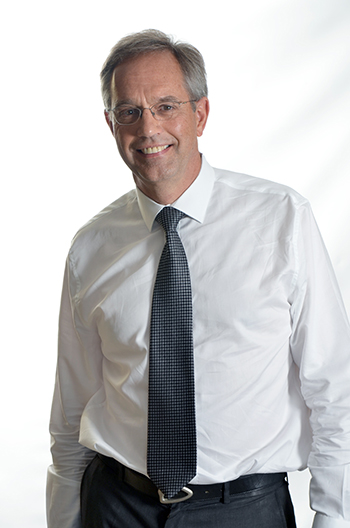Latest News Archive
Please select Category, Year, and then Month to display items
14 June 2024
|
Story Anthony Mthembu
|
Photo Suplied
 Jeremiah Hlahla, a UFS student completing his PhD in Botany at the University of Debrecen as part of an exchange initiative funded by the Erasmus+ Mobility Programme.
Jeremiah Hlahla, a UFS student completing his PhD in Botany at the University of Debrecen as part of an exchange initiative funded by the Erasmus+ Mobility Programme.
As part of an exchange initiative facilitated by the Erasmus+ Mobility Programme, Jeremiah Hlahla, a student at the University of the Free State (UFS), is nearing the completion of his PhD studies at the University of Debrecen in Hungary. Hlahla’s journey, which began in February 2024 and is set to conclude in July 2024, has been a remarkable learning opportunity. “As a first time-traveller to Europe, I have thoroughly enjoyed engaging with people from different countries and cultures,” he said.
The benefits of international collaboration
Hlahla is currently pursuing a PhD in Botany, focusing on plant stress physiology. “My current PhD project investigates the physiological, biochemical and morphological responses of vegetable-type soybean, or edamame, to combined drought and heat stress,’’ he explained. He considers the University of Debrecen the ideal institution to complete his research due to its extensive expertise and resources in similar projects. He noted that his colleagues at Debrecen conduct significant work on plant protection against biotic and abiotic stresses, including salt and drought stress, as well as proteins and amino acids in barley and other legumes.
Given the vast knowledge available on similar projects, Hlahla has found substantial engagement with his work at the University of Debrecen. “Upon arrival, I delivered an introductory lecture presenting my UFS project on the synergistic effects of combined drought and heat stress on the physiology and biochemistry of edamame. It was an engaging session as everyone could relate to my work and asked many questions,’’ he said.
Insights gained from the exchange
Hlahla has also gained valuable lessons that will assist him in his research career, including biotechnology and physiology tools. “I learned how to prepare samples and use high-performance liquid chromatography (HPLC) and reversed-phase ultra-high-performance liquid chromatography (UHPLC) to quantify proteins and amino acids,’’ he said. These techniques are beneficial not only for his current work but will also support future soybean research.
As his experience at the University of Debrecen nears its end, Hlahla reflects on the collaborations and friendships he has formed, which stand out as a significant highlight.
Meet our Council: Marius Swart – a Councillor with deep roots in the UFS
2017-07-12

Marius Swart, Alumni election on the UFS Council.
Photo: Stephen Collett
Marius Swart, a Kovsie alumnus, is an Alumni election on the University Council. Not only is he a Kovsie alumnus, but all four of his siblings and their spouses are Kovsie alumni, as well as all three his children.
Interest in future decisions at the UFS
He is currently practicing as cardiothoracic surgeon at Mediclinic in Bloemfontein, but has always been involved with the Faculty of Health Sciences at the university. He spent eight years as consultant in the Department of Cardiothoracic Surgery and recently became a registered student again when he enrolled for an interdisciplinary PhD. He is currently also supervisor for the research projects of undergraduate medical students.
Thus, Marius no doubt has a substantial interest in the issues and future decisions at the UFS.
Guard against retroformation
"Higher education is a challenging environment and expectations about excellence and human development are being tested. Transformation is on everybody’s lips, but we have to guard against what I would call retroformation – moving back to old regimes and new forms of exclusion," he says.
Marius is excited to begin his term with a new Rector and Vice-Chancellor. He realises that many challenges awaits him as councillor on the way forward, but he is ready to pull his weight in Council.
"My own daughter is involved in the challenges students are experiencing on a daily basis, and my wife is supporting a first-generation rural student. The university should be sensitive to these students. Empowering them can bring change to communities."
His interests are varied and it is clear that he has a vision for a better world.